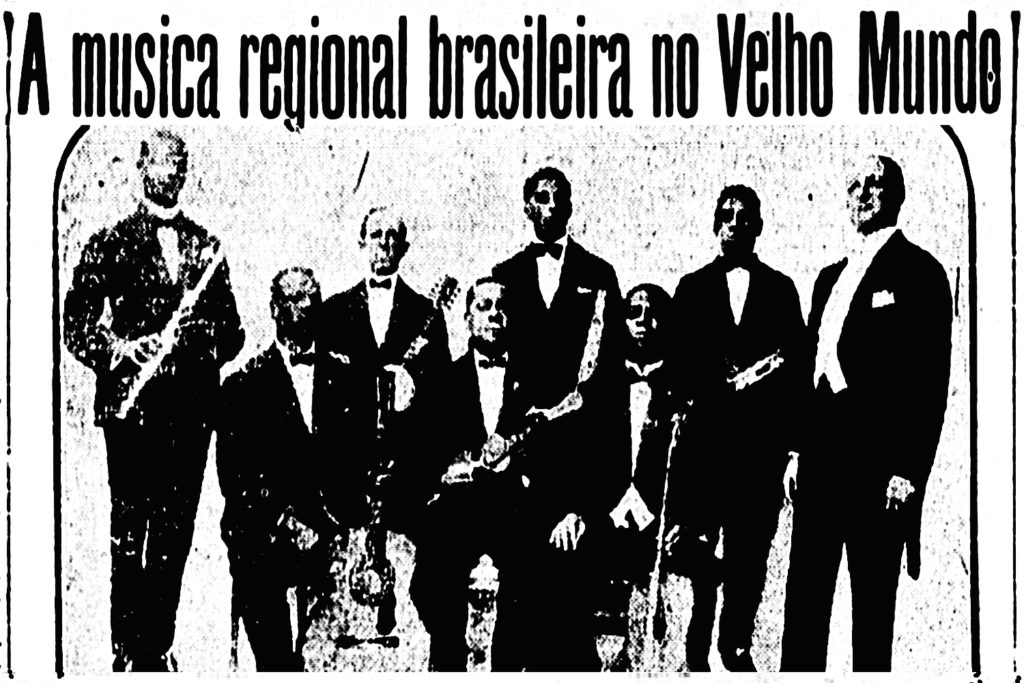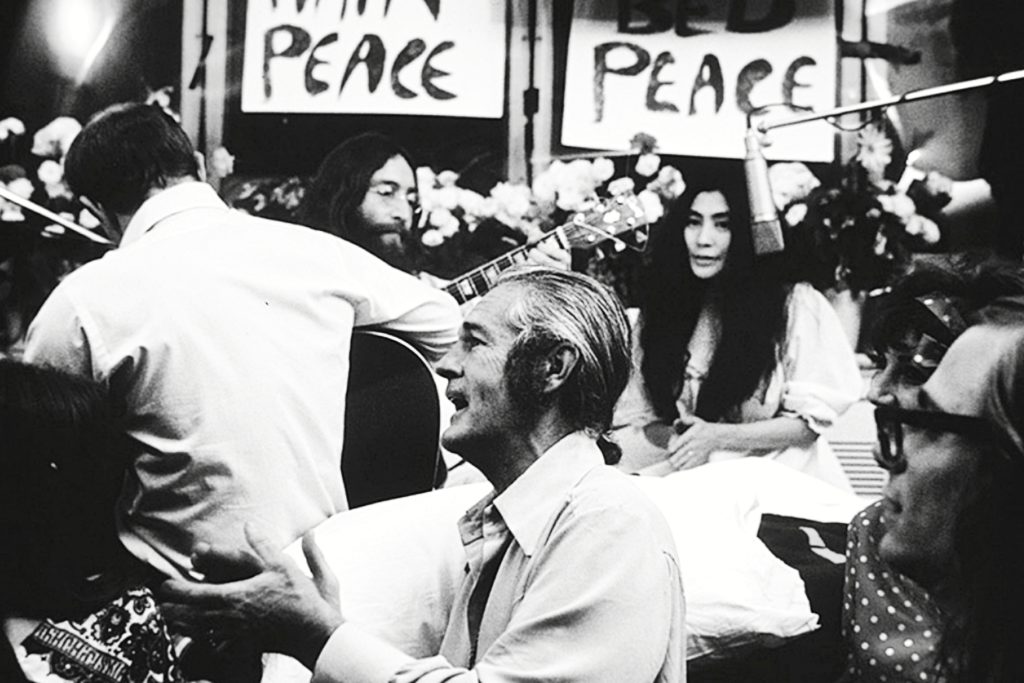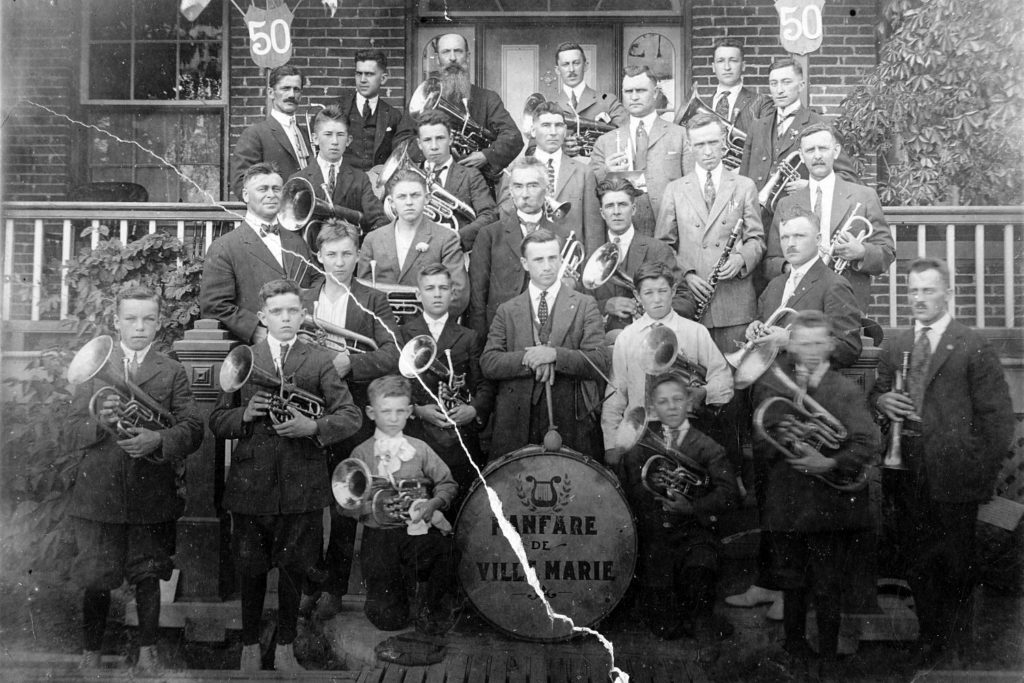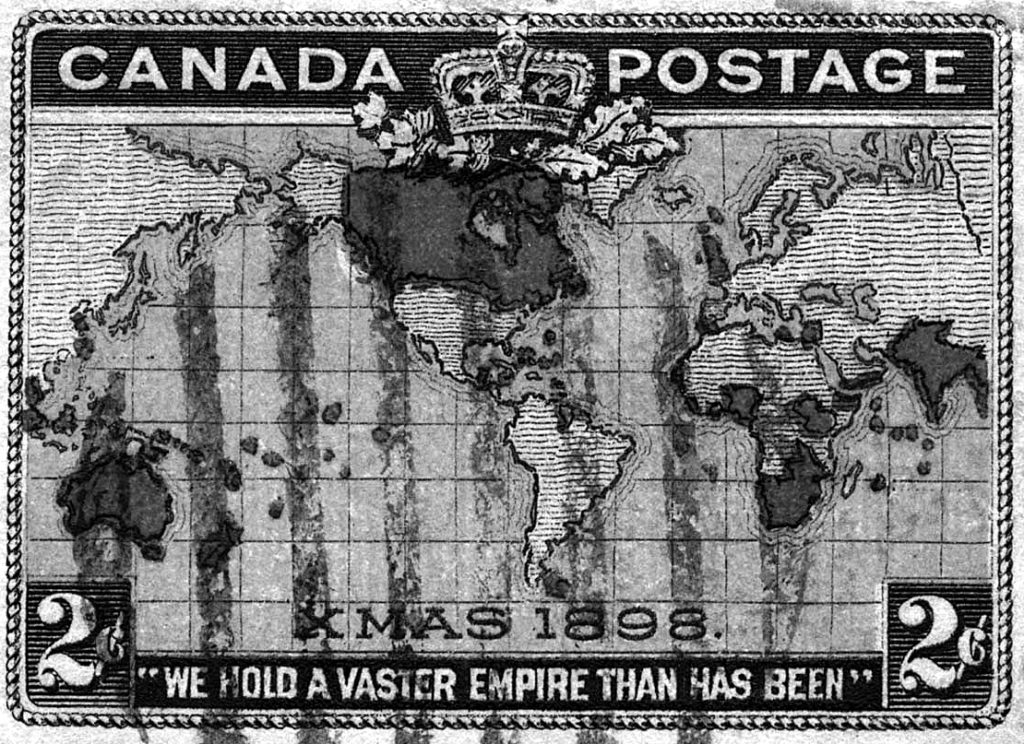
A Global History of Music
How does music circle the globe? How has its cultural significance changed over the course of the twentieth century? In what ways has it been a force of action and change, a means to grapple with difference and violence, or a medium to transmit knowledge and foster community? To sound the past for answers to these questions is to acknowledge the continued social and symbolic importance of music in today’s increasingly globalized and networked world. A Global History of Music traces the movement of artists and producers, shellac records and cassette tapes, sheet music and radio broadcasts, as well as local and diasporic audiences within or between cities such as Rio de Janeiro, Paris, Rabat, Montreal, Honolulu, New York, Tokyo, London, and Kingston (Jamaica). The course will ask students to consider the entangled histories of music making from a variety of global perspectives, encouraging them to think critically about the – often asymmetrical – relationships that allow music to travel.

Music in Canada since 1930
This course is a study of the lives and works of composers and musicians in Canada, in a diverse range of genres, as well as the development of institutions and infrastructure in the arts. It approaches these topics through various lenses including nationalism, politics, pedagogy, and settler/Indigenous interactions. In fostering a better knowledge and appreciation of music making north of the 49th parallel, Music in Canada since 1930 brings into focus the diverse stages, forums, and scenes where the histories and futures of this country’s musical life have been – and continue to be – enacted, debated, and (re)defined. It introduces students to a broad spectrum of practices and discourses, asking them to consider what constitutes Canadian music today.

Music and Social Change in Canada
From trade union songs to punk tirades; from avant-garde jazz to resonant forms of klezmer and reggae; from folk rock and hip-hop anthems to the affirmative sounds of Idle No More; music continues to play a crucial role in amplifying and energizing debates about citizenship, democracy, human rights, social and racial justice, multiculturalism, and reconciliation. Music and Social Change in Canada examines music making as a social practice – attending to the interplay between artists and audiences, genres and scenes, culture and politics – from the 1940s to the present. Structured around discussions of key concepts and a series of compelling case studies, the course draws attention to the range of musical forms of expression embraced by Canada’s diverse constituencies and communities to bring about change. It invites students to listen with a critical ear to the sonic histories of social movements and encourages reflections on the uses of music in dealing with (and thinking about) some of today’s long-standing socio-economic, cultural, political, and environmental issues.

Canada in Soundbites (1867-1967)
Canada in Soundbites (1867-1967) is a survey of Canadian history through the prism of culture, particularly that which solicits, whether figuratively or literally, our sense of hearing. While due emphasis is placed on social, economic, and political developments, the purpose of the course is to encourage us to think critically about the “audiopolitics” of Canada’s past, considering the many ways in which individuals and groups came together around and across different categories of identity through the experience of sound, musical or not. The course will provide a compelling experience of how one listens to the past using four broad temporal themes: Coping with Change (1860s-1910s); Enacting Citizenship (1900s-1930s); Forging Consensus (1930s-1950s); and Reimagining Canada (1940s-1960s). It will call attention to a wide range of historical actors to highlight the importance of the cultural public sphere in the making of Canada in addition to examining a variety of platforms via which historians communicate the importance of their work to colleagues and to the larger public.

History of Canada, Post-Confederation
This introductory-level course is a survey of Canadian history from Confederation to the present, emphasizing readings and discussions on selected problems. It aims to familiarize students with the key events and debates that have shaped Canada since 1867. History of Canada, Post-Confederation focusses on the individuals, groups, and collectivities who built, defined, contested, and reimagined our country as it completed its transition from colony to nation. It therefore seeks to provide a deeper understanding of the multitude of identities (class, ethnic, gendered, regional, religious, etc.) that compose Canada’s sociopolitical and cultural landscape. The course introduces students to a wide variety of primary sources while providing opportunities to engage critically with scholarly works dealing with post-Confederation Canadian history.